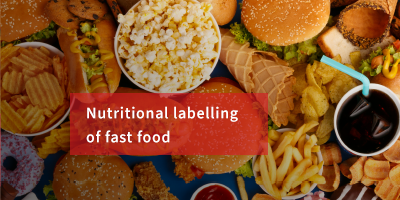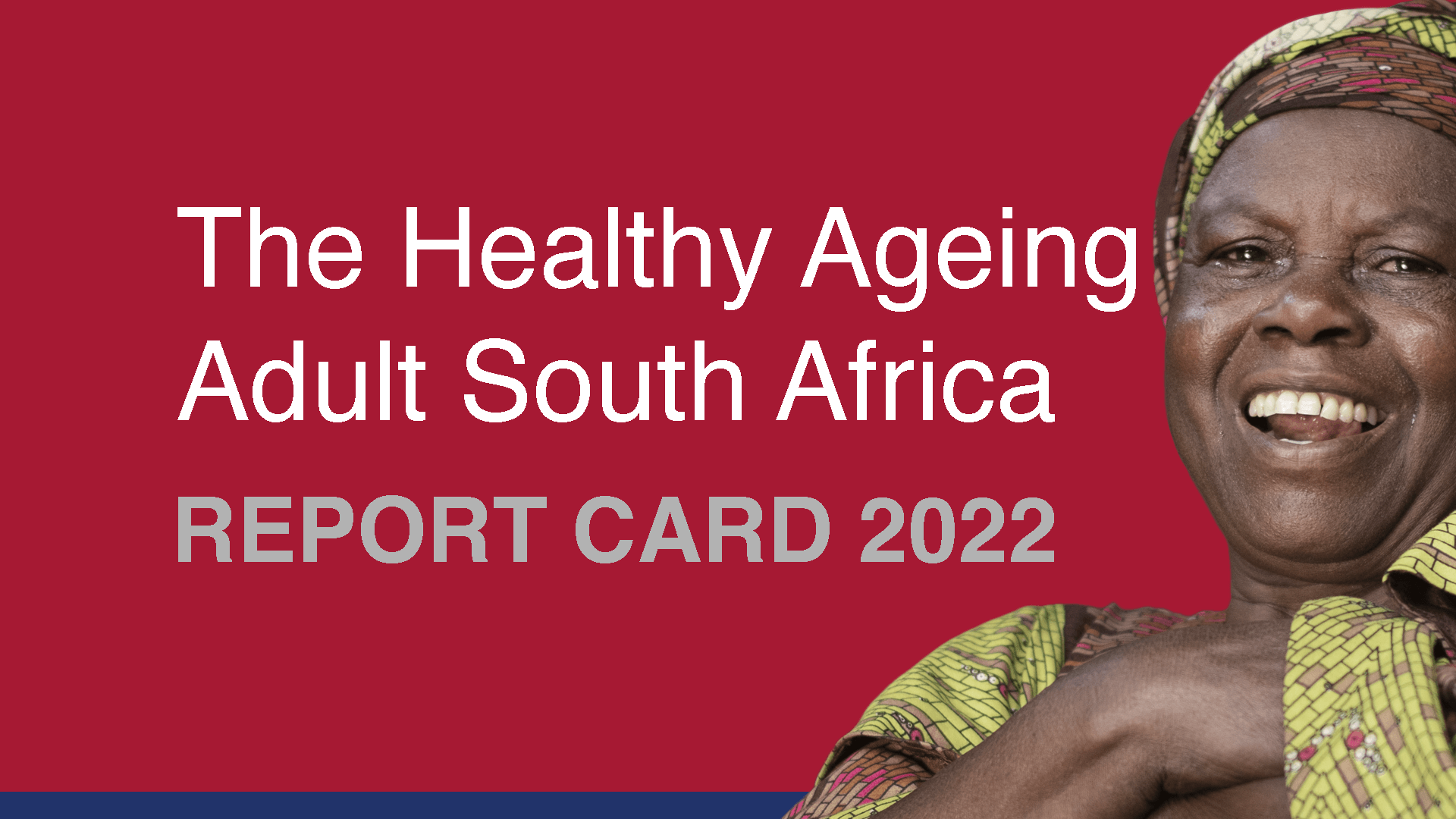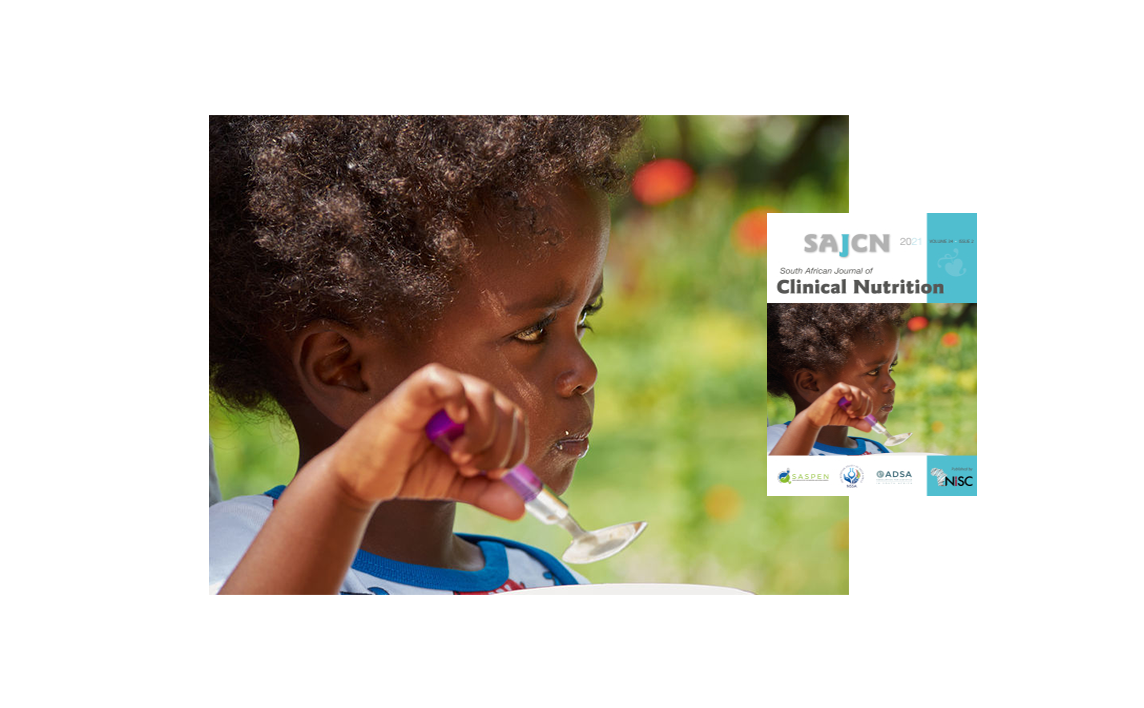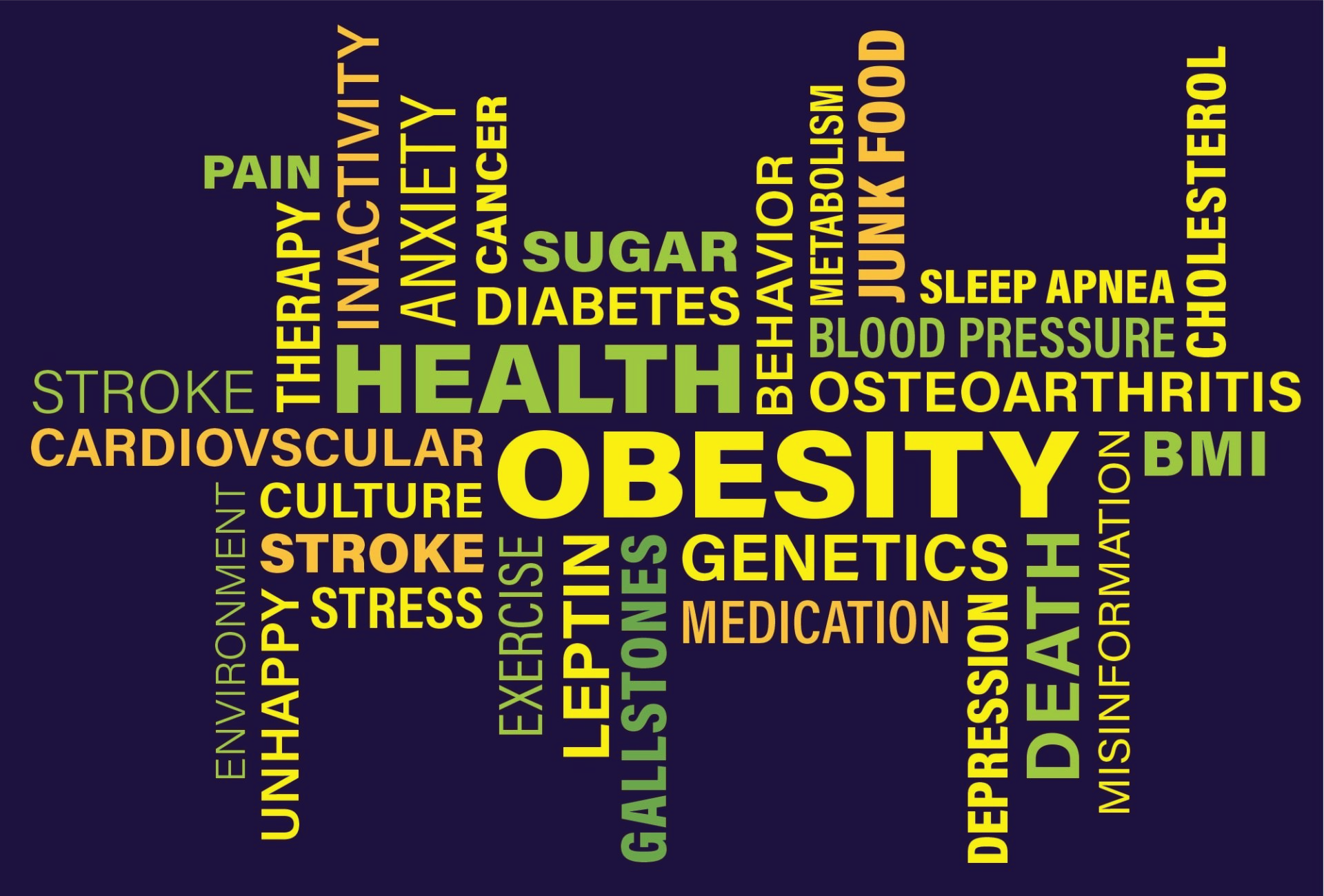NEWS: WHO commends South African parliament decision pass tax bill sugary drinks
by ACTION
WHO commends South African parliament decision to pass tax bill on sugary drinks
6 December, 2017 -The South African Parliament has taken a brave and powerful step towards promoting the health of the country’s citizens and reducing diet-related noncommunicable diseases (NCDs), such as diabetes, by passing a bill yesterday to implement a tax on sugar-sweetened beverages, according to Dr Rufaro Chatora, WHO’s Representative to South Africa.
“I congratulate the Republic of South Africa’s parliament for passing the law to introduce a health promotion levy on sugary drinks in 2018,” says Dr Chatora. “South Africa’s lawmakers must be commended for their steadfastness in the face of immense industry pressure, as well as their foresight and determination to put the health of their citizens before the profits of corporate entities.”
Dr Chatora adds: “By passing this bill, South Africa’s parliament have shown that feasible measures exist to beat NCDs, and is leading the way for other countries in Africa, and around the world, to follow. The sugary drinks tax bill paves the way for South Africa to join the growing global movement of nations using fiscal policies to reduce consumption of unhealthy products while raising sorely needed revenues for social services like universal health coverage.”
South Africa’s sugary drinks tax is scheduled to be implemented on 1 April 2018 and will lead to an estimated 11% increase in the price of a regular can of soft drink.
More than 30 countries have either introduced a tax on sugary drinks or, like South Africa, the United Kingdom of Great Britain and Northern Ireland and the United Arab Emirates, passed legislation to implement such a fiscal policy. A larger group of countries, including the Philippines, Antigua, Nepal and Seychelles, are considering introducing a tax on sugary drinks.
WHO recommends governments to introduce effective taxation on sugar-sweetened beverages to help reduce excessive sugar intake. In South Africa, WHO has been supporting the introduction of such taxes since it was proposed by the National Treasury in August 2016 together with many local and international academics and NGOs. To develop and raise awareness about the bill, a detailed consultation process was conducted with all stakeholders, taking into account the concerns of labour unions, employers and all South Africans, whose health will benefit from the intervention.
Experience from other countries that have implemented the tax demonstrates its potential to reduce consumption of sugar and raise revenues that can be used to prevent and control diabetes, obesity and other NCDs.
“WHO will continue working with South Africa to implement measures that protect children and adults alike from avoidable health risks, like sugary drinks, unhealthy diets, tobacco use, harmful use of alcohol and physical inactivity,” adds Dr Chatora.
Taxation on SSB is just one of a range of cost-effective measures proposed by WHO to curb the threat of NCDs, responsible for the deaths of 16 million people every year before the age of 70.
Other interventions targeting obesity include nutrition labelling; marketing restrictions of unhealthy foods and beverages to kids; fruit and vegetable subsidies; physical activity policies and social marketing campaigns. At the World Health Assembly in 2017, such measures were endorsed as part of the "Best buys" and other recommended interventions for the prevention and control of noncommunicable diseases
WHO Member States around the world, including South Africa, have committed to halt the rise of obesity and diabetes, reduce premature deaths from NCDs by 25% by 2025 and one-third by 2030, the latter target in line with the Sustainable Development Goals.
More about Obesity & Resent Articles and Events

Obesity rates are rapidly increasing in the African Region, as in most parts of the world.
There is a common misconception that obesity and other noncommunicable diseases (NCDs) only occur among the wealthy.
Strategy for the prevention and control of Obesity in South Africa - 2015 - 2020
Act today for a healthier future. HSF supports the World Obesity Federation (WOF) in the initiative to stimulate and support practical actions to address obesity.
ACTION
African Centre for Obesity Prevention
PARTNERS
Join our growing list of partners, including:
Preventing obesity for a healthier tomorrow
Business Hours
- Mon - Fri
- -
- Sat - Sun
- Closed
About Us
Contact
Office:
+27 10 447 3721
E-mail:






